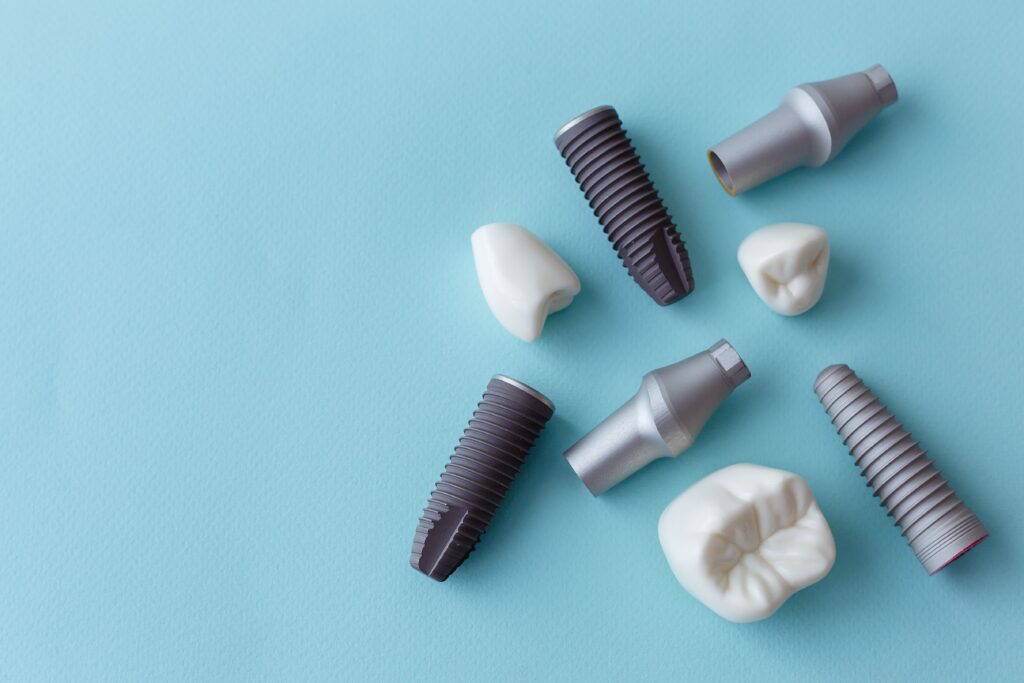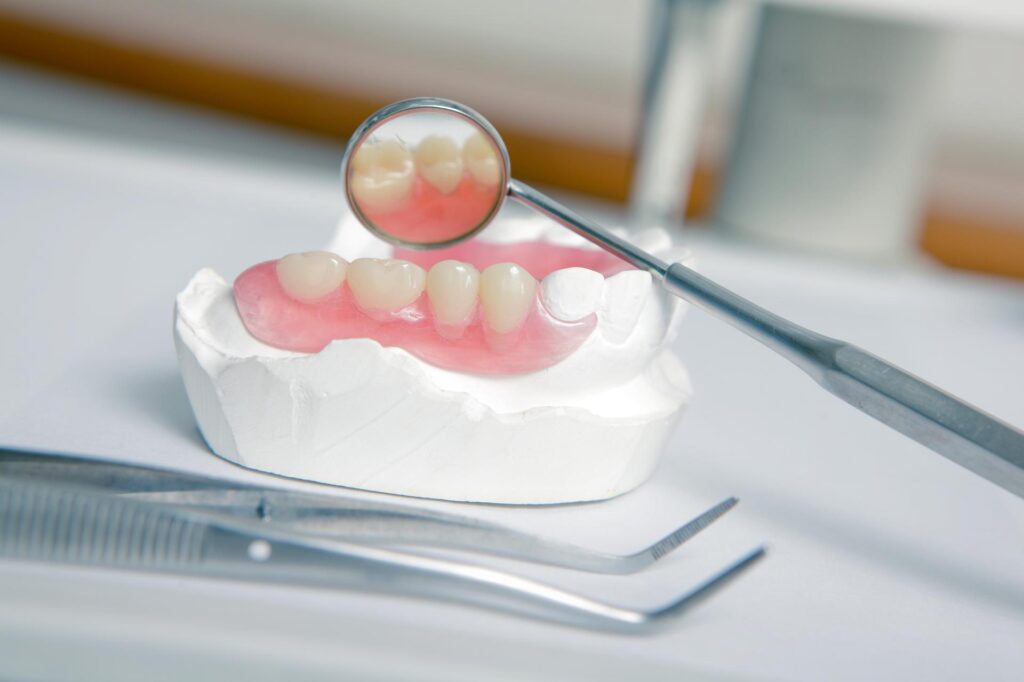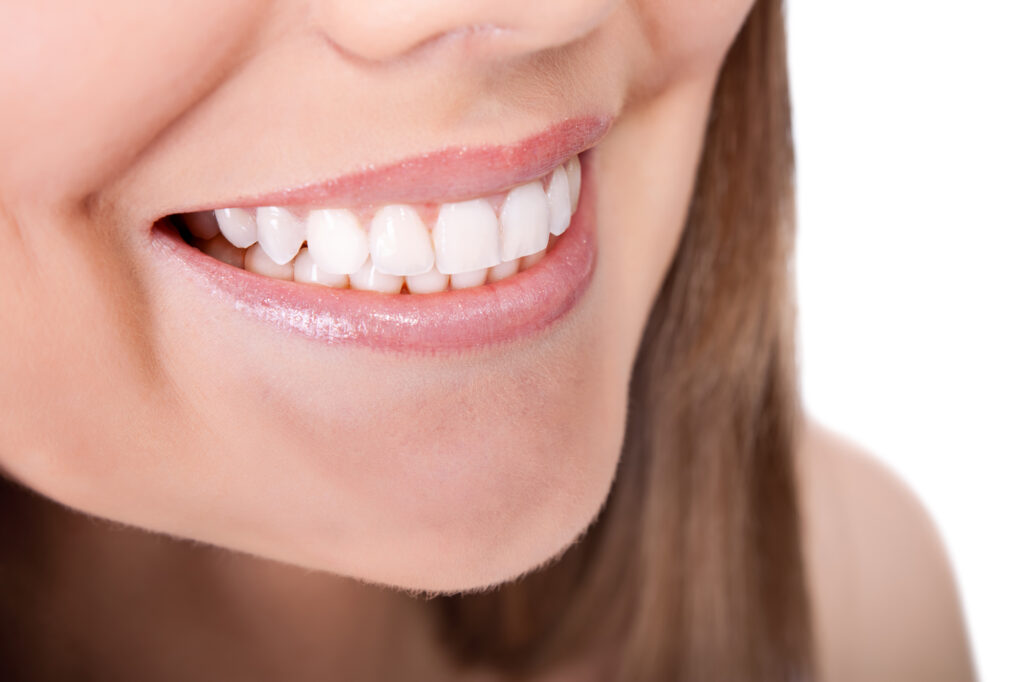What to Eat with Braces in the First Week? Post-Treatment Options
ethan.simpson@socialordeals.com
August 19, 2024
Orthodontics

Congratulations on starting your orthodontic journey! Braces can significantly improve your smile, but adjusting to them takes time. A common question is, “What to eat with braces in the first week?” This article will provide essential guidance on navigating your diet during this initial adjustment period.
The Importance of Diet After Getting Braces
Planning meals and incorporating a balanced diet is crucial for overall health, especially when undergoing orthodontic treatment. Your diet can impact your oral health, your comfort level during the adjustment period, and the overall success of your braces treatment.
So, what to eat with braces in the first week?
What to Eat With Braces in the First Week?
Generally, it is best to choose foods that will not strain your new braces unnecessarily. Focusing on soft, easy-to-chew foods can help minimize discomfort and protect your braces.
Foods to Avoid in the First Week
It is essential to avoid certain foods during the initial adjustment period to prevent damage to your braces and avoid discomfort. These include:
- Hard and crunchy foods: Avoid nuts, popcorn, hard candies, and ice, as they can damage your braces.
- Sticky foods: Gummies, caramel, taffy, and other sticky substances can become trapped in your braces, leading to increased plaque buildup and potential damage.
- Chewy foods: Tough meats, bagels, and chewy bread can exert excessive pressure on your braces.
Safe Food Choices for the First Week
While there are restrictions, there are plenty of delicious and nutritious options to enjoy during the first week with braces. Consider incorporating these foods into your diet:
- Soft fruits and vegetables: applesauce, bananas, cooked carrots, and soft-cooked vegetables are excellent choices.
- Yogurt and pudding: These creamy options provide essential nutrients and are gentle on your braces.
- Soups and stews: Soups and stews offer a warm and comforting meal while being easy to eat.
- Pasta and rice: These foods are soft, and you can enjoy them without causing damage to your braces.
- Eggs: Scrambled or boiled eggs can also be a good option, as they are a good source of protein. Eggs are also gentle on your teeth.
Remember, as your mouth adjusts to the braces, you can gradually incorporate various foods into your diet.
Tips for Eating with Braces
To make eating with braces more comfortable and efficient, follow these tips:
- Cut food into smaller pieces: Cutting your food into smaller bites can significantly reduce the risk of damaging your braces.
- Eat slowly and carefully: Take your time eating to avoid biting down on your braces.
- Good oral hygiene: Brush teeth and floss regularly to practice an excellent oral regimen. This practice dislodges food particles that could get trapped in your braces.
Braces and Nutrition
Maintaining a balanced diet is crucial for overall health, especially during orthodontic treatment. While braces may restrict certain food choices, it’s essential to prioritize nutrient intake for optimal well-being.
- Essential Nutrients: Incorporate calcium, vitamin D, and phosphorus-rich foods to support strong teeth and bones. These nutrients are vital for orthodontic treatment success.
- Protein Power: Include lean protein sources like fish, chicken, tofu, and beans to support tissue repair and overall health.
- Fruits and Vegetables: Opt for soft fruits and vegetables like bananas, cooked carrots, and steamed broccoli. These foods provide essential vitamins, minerals, and fibre.
- Whole Grains: Rice, quinoa, and other whole-grain options can be fun. Adding these options to your diet can help increase sustained energy and fibre intake.
Remember, while avoiding hard and chewy foods is necessary, a balanced diet is essential for maintaining good oral health and overall well-being during orthodontic treatment.
Dealing with Braces Discomfort
The first few days with braces can be uncomfortable. This discomfort is due to your mouth adjusting to the new appliance. Here are some tips to manage discomfort:
- Over-the-counter pain relievers: Nonsteroidal anti-inflammatory drugs (NSAIDs) like ibuprofen can help reduce pain and inflammation.
- Orthodontic wax: Use orthodontic wax to cover the sharp edges of the braces and prevent irritation to your cheeks and gums.
- Soft foods: Stick to soft foods during the initial adjustment period to minimize discomfort.
- Ice packs: You can also apply ice packs to your cheeks, which can help reduce swelling.
Contact your Newmarket dentist for advice if you experience prolonged discomfort or the pain worsens.
Remember, most discomfort is temporary, and your mouth will adjust to the braces within a few days.
The Role of a Newmarket Dentist
Your dentist in Newmarket can provide personalized guidance on what to eat with braces and offer additional tips for managing any discomfort. Regular dental checkups are essential because they track the progress of your orthodontic treatment and address any concerns.
At Oasispark Dental, we understand the challenges of adjusting to braces. We commit ourselves to providing comprehensive care and support throughout your orthodontic journey.
What to eat with braces in the first week might seem daunting, but with careful planning and the proper guidance, you can enjoy a variety of delicious and nutritious foods while protecting your braces.
Contact Oasispark Dental today to schedule a consultation and learn more about orthodontic treatment options.
Tag Post :
Orthodontics,What To Eat With Braces
Share This :
24/7 Emergency Dentistry
Dental emergencies can happen anytime. Our team is here to provide prompt and effective relief for tooth pain, broken teeth, and more.






